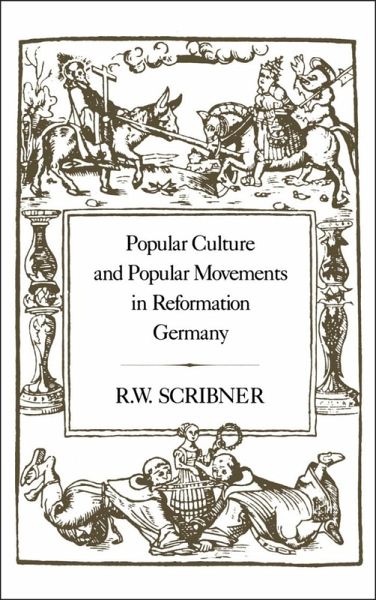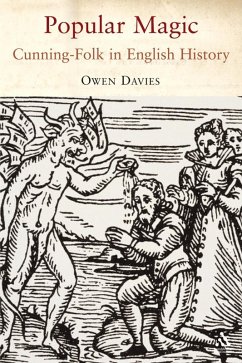
Popular Culture and Popular Movements in Reformation Germany (eBook, PDF)
Versandkostenfrei!
Sofort per Download lieferbar
100,95 €
inkl. MwSt.
Weitere Ausgaben:

PAYBACK Punkte
50 °P sammeln!
The Reformation has traditionally been explained in terms of theology, the corruption of the church and the role of princes. R.W. Scribner, while not denying the importance of these, shifts the context of study of the German Reformation to an examination of popular beliefs and behaviour, and of the reactions of local authorities to the problems and opportunities for social as well as religious reform. This book brings together a coherent body of work that has appeared since 1975, including two entirely new essays and two previously published only in German.













